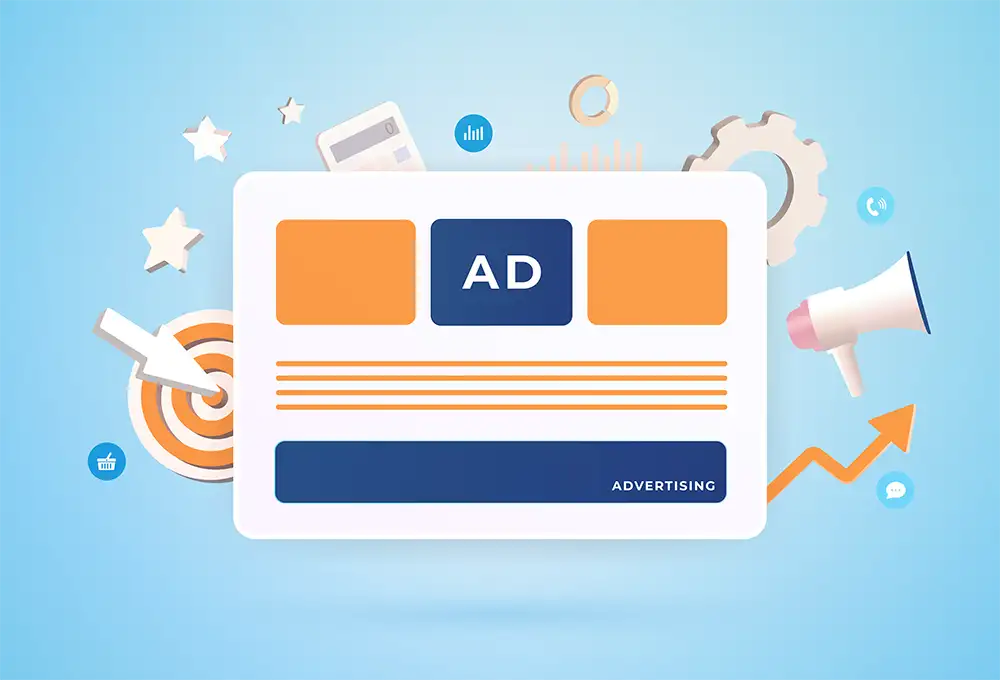- Home
- Dental Websites
- DSO Solutions
- Services
- Dental Website Design
- Dental SEO
- Dental PPC (Pay-Per-Click)
- Patient Pipeline
- Reputation Management
- Social Media Marketing
- 24/7 Live Chat
- Online Appointment Scheduling
- Dental Video Marketing
- Healthgrades Premium Profile
- Dental Practice Photography
- Logo, Design, and Branding
- Online Bill Pay
- Additional Marketing Services
- Why WEO
- Education
- Contact







